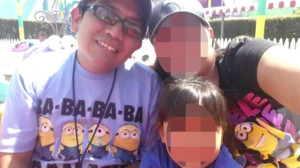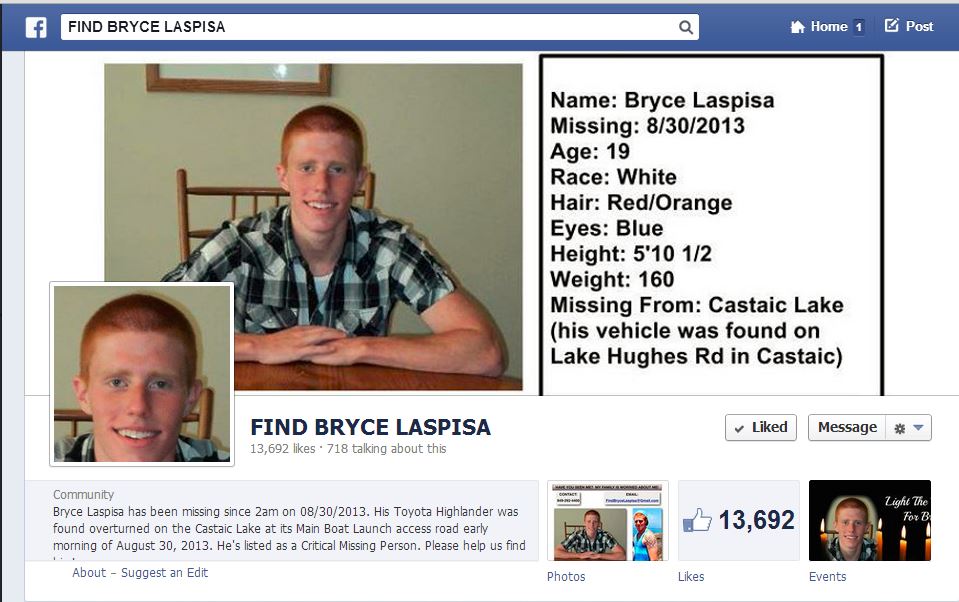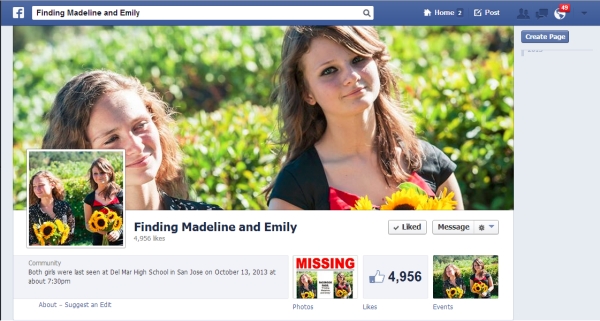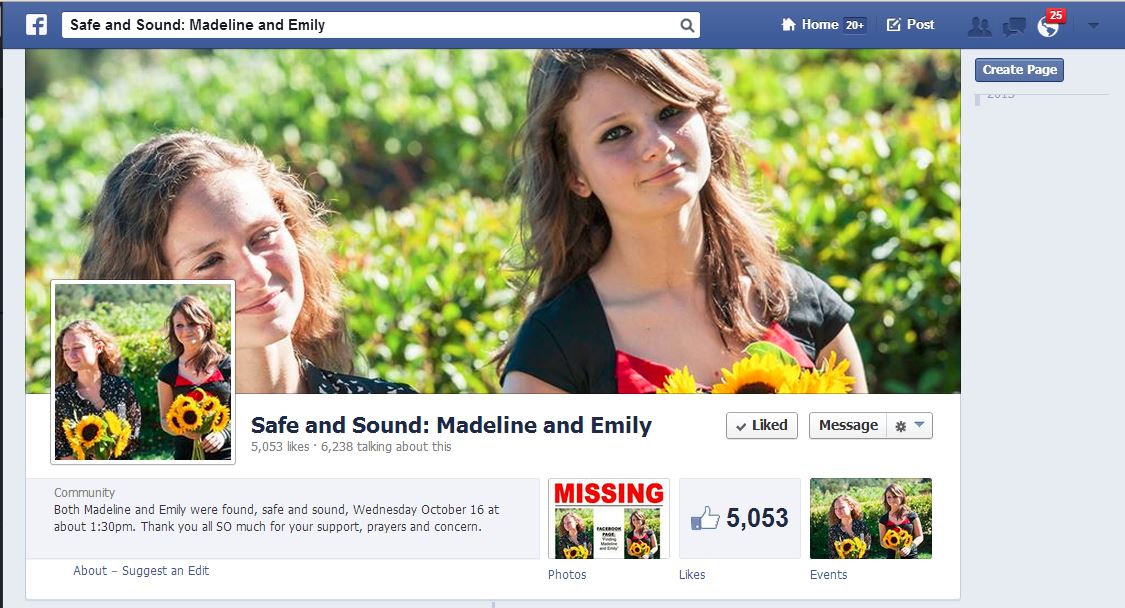 Two recent kidnapping cases that have captured the world’s attention have demonstrated the importance and power of Social Media as it applies to missing children. In one case a foreign government’s ambivalence over a mass kidnapping was exposed as the world took note and promised action. In the other social media empowered a girl held captive for decade to break the bonds of abduction and abuse.
Two recent kidnapping cases that have captured the world’s attention have demonstrated the importance and power of Social Media as it applies to missing children. In one case a foreign government’s ambivalence over a mass kidnapping was exposed as the world took note and promised action. In the other social media empowered a girl held captive for decade to break the bonds of abduction and abuse.
A militant Islamist group called Boko Haram abducted more than 200 girls from a boarding school in the northern town of Chibok, Nigeria on April 14, 2014. This jaw-dropping mass abduction received little attention outside of Africa and the Nigerian Government’s indifference to girl’s plight prompted the #BringBackOurGirls Twitter campaign which has thus far been tweeted more than a million times. As a result the world has taken note and France, China, Canada, and Great Britain have all joined the United States in sending advisors to Nigeria to help recover the girls. The case remains wide open and it is difficult to envision a happy ending, but if it hadn’t been for the Twitter campaign the girls would have either been killed or sold into slavery in obscure anonymity.
Ten years ago a fifteen-year-old girl who had just arrived in the United States from Mexico was stolen from a park near her mother’s apartment in Santa Ana, California. The incident was reported to the police, but the case soon went cold, until this week when the now twenty-five-year-old woman told her story to the Bell Gardens Police. She had been kidnapped, drugged, raped, tortured, conditioned and told that her family would be deported if she went to the authorities. The kidnapper eventually forced her to marry him and two years ago she had his baby. Finding her sister’s Facebook account finally empowered the young victim to break the chains of her psychological captivity. Her abductor, forty-two-year-old Isidro Garcia, has been charged with kidnap for rape, lewd acts with a minor and imprisonment.
Less than a decade ago both of these cases could have easily disappeared altogether. Instead, because of Social Media and the Internet, several things have happened. Many countries with no dog in this fight have volunteered to aid in the recovery of more than 200 young kidnap victims, so the morally bankrupt Nigerian government can no longer sweep their plight under the rug. Unlike Nigeria, our government and our people care very much about the rights of the individual. Now, one child, kidnapped more than a decade ago, has an opportunity to put her life back in order knowing that her tormentor will never be able to touch her again.
As the Internet and Social Media become more ubiquitous there will be even more opportunities to expose the plight of the unfortunate and rescue the victims of abduction and abuse. This is an exciting time in the war to recover kidnapped children: a very exciting time.












